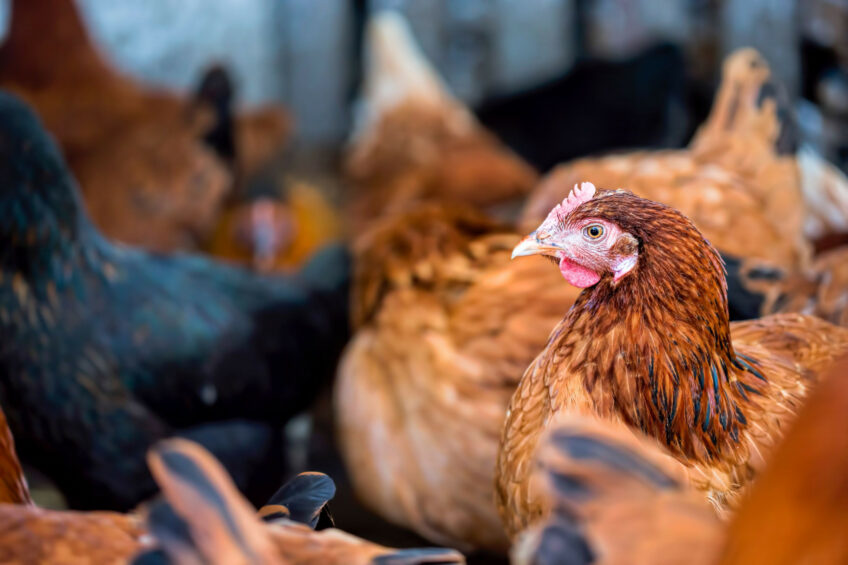Is the UK egg sector on track to be cage-free by 2025?

Food companies have called on the government to bolster action on the phasing out of cages just weeks before a voluntary retail pledge to be cage-free by 2025 comes into effect.
In a letter to environment secretary Steve Reed, food companies Waitrose, the Co-op, Marks and Spencer, Morrisons, Greggs and Mitchells & Butler said they had all eliminated caged egg-laying hens or committed to do so by the end of 2025, but were concerned that there would still be 4 million UK laying hens. This, they argued in the letter, would create an unlevel playing field in the industry.
Time is indeed running out for UK retailers who pledged to be cage-free by 2025, according to a poultry welfare charity that has been campaigning on the issue for nearly 2 decades.
Since 2005, the British Hen Welfare Trust has been encouraging consumers to influence hen welfare with their purses by opting for the best eggs they could afford in the supermarket, as “change happens best from the ground up”.
The campaign, with support from other welfare groups, led retailers such as Tesco, Aldi and Lidl in 2016 to vow to stop selling eggs laid by caged hens by 2025. The pledge is entirely voluntary and there are no boundaries in place on exact timeframes and whether this means both sell eggs and eggs for ingredients.
The British Hen Welfare Trust has been looking at the latest situation and has determine the following:
- Tesco says on its website that it is committed to being “cage-free” by December 2025 for both shell and ingredient eggs.
- Lidl has similar aspirations, saying, “We are committed to working with our suppliers to phase out the sale of eggs from caged hens in our stores by 2025. This commitment covers both shell eggs and eggs used as an ingredient in our products.”
- Asda has said it is committed to growing cage-free egg sales and sourcing cage-free shell eggs by 2025 and is working with suppliers on improving the welfare of the laying hens. “We are also committed to using eggs used as ingredients from cage free systems by 2025.”
Even if the retailers in question do meet their commitments, the British Hen Welfare Trust questions what it actually means for hens. It says barn eggs will be increasingly offered on retail shelves. Latest statistics on the number of barn eggs produced in the UK show a doubling between 2022 and 2023.
Defra statistics show the total market for 2023 was made up of:
- Free-range (60%)
- Cage (23%)
- Barn (13%)
- Organic (4%)
The British Hen Welfare Trust said that while it was pleased to see the production of caged eggs falling significantly in the UK over the past decade, it wanted to see all hens kept in higher welfare free-range organic systems.
Cage bans are already in place in Luxembourg, Switzerland and Austria and bans are set to come into force in Germany (2026), Czechia (2027) and Slovakia (2030).












